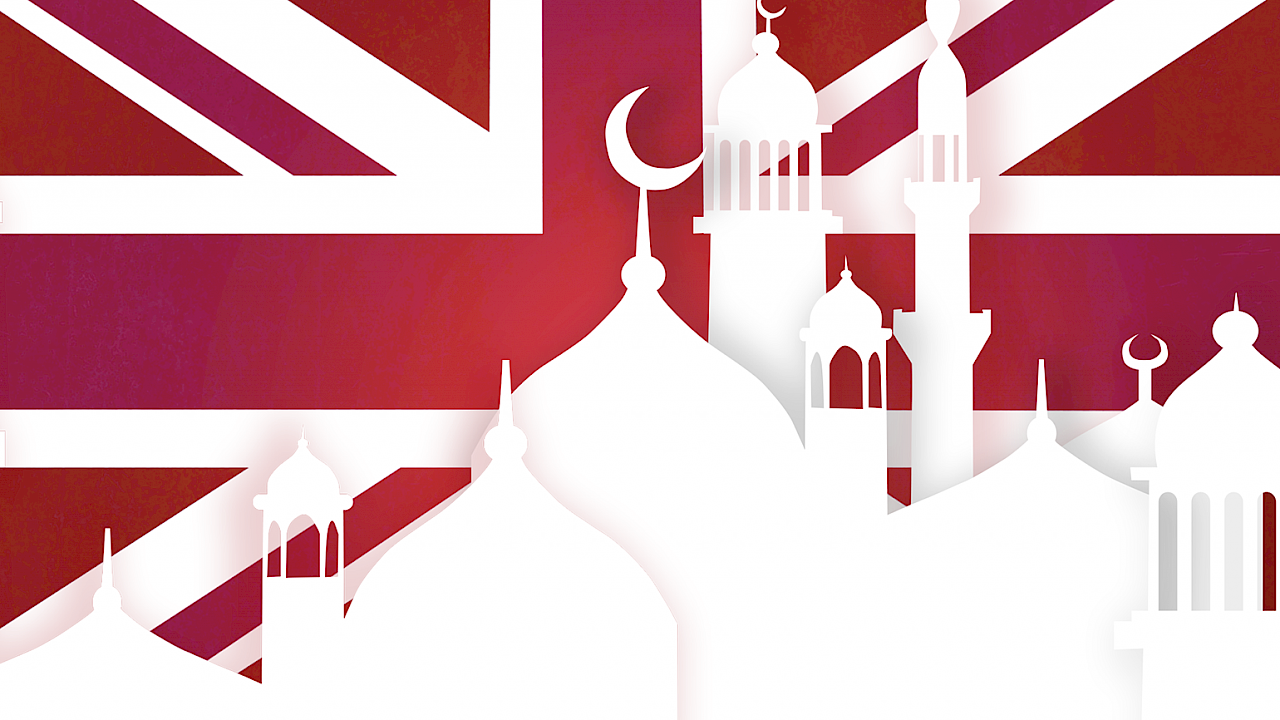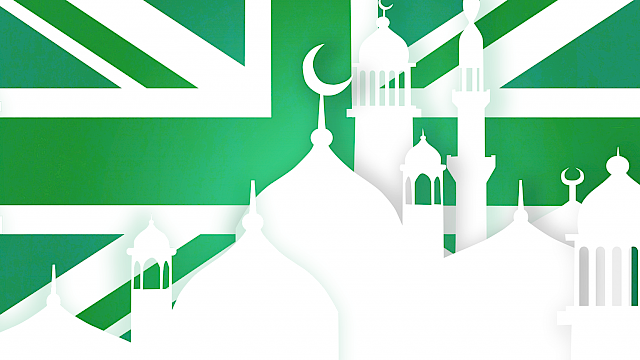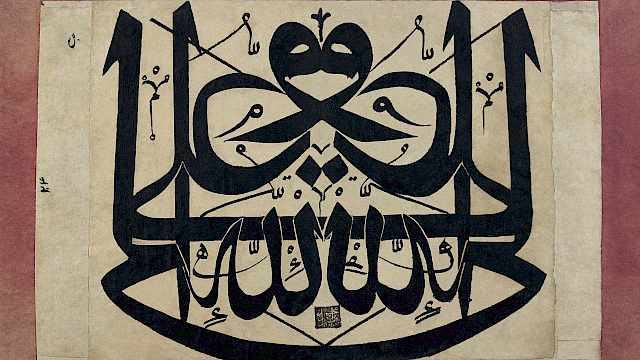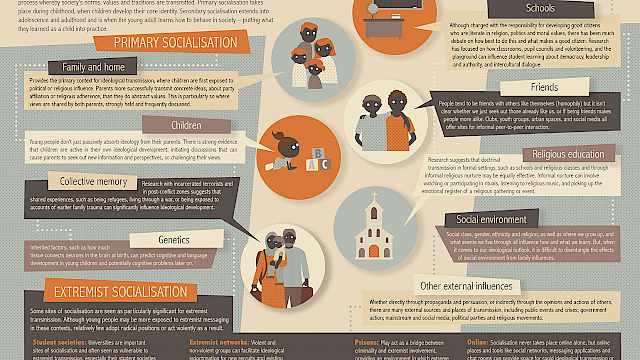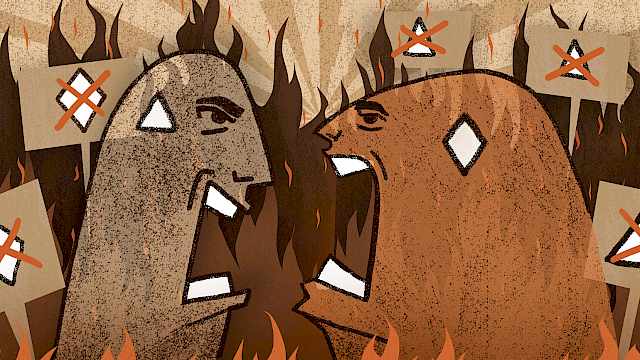It is important to distinguish between Islam and Islamism. The former refers to the global religion in all its unity and diversity, and the latter to what is often referred to as ‘political Islam’.
The guide covers South Asian as well as Middle Eastern reform movements in the UK, including:
- Ahl-e-Hadith
- Al-Muhajiroun
- Barelwi movement
- Deobandi movement
- Hizb ut-Tahrir
- Jama‘at-i Islami
- Jam‘iyat Ihya’ Minhaj al-Sunnah (JIMAs)
- Muslim Brotherhood (Ikhwan al-Muslimun)
- Salafi Publications
- Tablighi Jama‘at
Key points
In the UK today, a large number of Islamic movements and networks are represented, most with their origins in either South Asia or the Middle East.
In the initial stages of community development, Muslims in Britain made little reference to different schools of thought or Islamic traditions. Once communities were able to finance and support more than one mosque, traditional divisions began to have an influence.
85 per cent of British Muslims are Sunni; 15 per cent are Shi‘a.
There is a difference between Islam and Islamism, the former referring to the global religion as a whole in all its unity and diversity, and the latter to ‘political Islam’. In the UK, the terms ‘Islamism’ and ‘Islamist’ are generally of the revivalist Islamic movements, Jama‘at-i Islami and the Muslim Brotherhood.
South Asian reform movements include the Deobandis, Tablighi Jama‘at, the Barelwis, and Jama‘at-i Islami.
The chief Middle Eastern influences on Islam in Britain have been the Salafi beliefs and practices associated with the 18th-century scholar, Ibn Abd Al-Wahhab, and the Muslim Brotherhood (founded in 1920s Egypt).
Since the 1990s a number of Salafi groups with their roots in the Middle East have appealed to young British Muslims.
Although Salafi movements share a commitment to reviving ‘authentic’ Islam, their views have differed on issues such as khilafah (an Islamic state or society based on shari‘ah), jihad, and engagement with Government and wider society. Despite being considered extreme in their personal piety and desire to pursue a pure form of Islam, only a small minority have been violent.
The promotion of violence is predominantly associated with nomadic jihadis, such as Abu Qatada, Abu Hamza, Omar Bakri Muhammad, Abdullah al-Faisal, and Anjem Choudary, some of whom had served in conflicts abroad and all of whom used extremist rhetoric sanctioning violence against those they considered to be apostates.
Neither al-Qaeda nor Islamic State were formally constituted in the UK, although their ideologies were disseminated in person by extremist preachers and activists, and online via websites, forums, and social media. Despite the absence of a physical base, they were able to recruit and mobilise potential supporters.
Copyright Information
As part of CREST’s commitment to open access research, this text is available under a Creative Commons BY-NC-SA 4.0 licence. Please refer to our Copyright page for full details.
IMAGE CREDITS: Copyright ©2024 R. Stevens / CREST (CC BY-SA 4.0)
